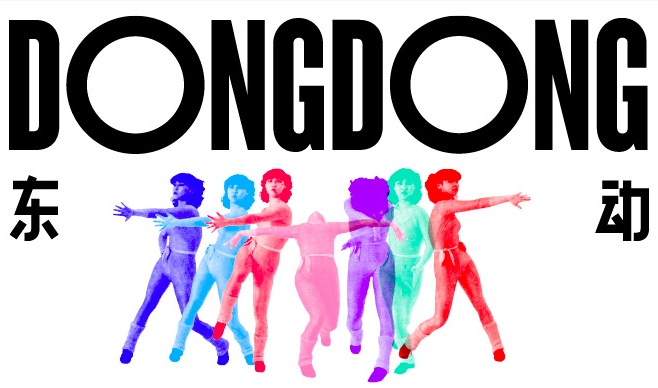On the 27th November Dong Dong (东动) invited Split Works co-founder Nathaniel Davis to participate in a panel curated by China Youthology – a collective of brainboxes who dedicate themselves to understanding youth and consumer culture in China. The format was great – the team pulled in a number of music fans to voice out their views with industry professionals, who included:
Nathaniel Davis(Split Works)
Terry Xiang (Nova Entertainment)
Here are some key points that were raised during the event (which was exclusively in Chinese) which you can freely mull over. They represent the subjective thoughts of the representative young guns:
- There are real “super fans” in China who will spend anything to support their heroes and will buy everything they put out just to feel like they are supporting them. So it is not entirely true that Chinese people just want music for free.
- Chinese concertgoers want to talk to, and make friends with the other people at the show – but they are not good at striking up conversations with others without some sort of impetus.
- Korean pop stars are so popular because a) they produce ‘good’ music b) they have ‘good’ dance moves c) they are all ‘good’ looking d) they find ways to make genuine connections with their fans e) merchandise is well-thought-out and well-produced.
- One participant commented that merch is often very poor quality and not what the fans want, i.e. no girls t-shirts with low-cut necks. Fans would prefer to spend more money on good quality merch.
- Fans are looking for exclusive and unique experience in live performances. The live should be different from the recording at least. As an example, New Pants (新裤子) sung an acoustic version of “Bye Bye Disco”, imbuing the classic song with different expressions and emotions.
- There is too much distance between Western, international bands/singers. Koreans are much closer to home / accessible. The panelist doesn’t think ‘Western music’ so to speak, will ever occupy the same place or enjoy the same fandom as Asian acts. It’s an uphill battle.
- The bar has been set high for live concert production – even small shows in live houses are being judged against big Korean productions in stadiums/arenas. Shows in live houses need to start on time and need to be as well produced (sound, lights) as possible. Fans would rather spend more money to see something that is good and well produced than to see a show for 80 or 100 RMB that is just kind of average and in – according to this particular fan’s words – a sweaty, crowded, smoky club (the Radar would argue that this is part of the charm, but hey…).
- There is a lot of noise now – too many competing options for entertainment, which affects all of us.
Here are some thoughts from the industry panelists regarding the question “What do you consider as the most important changes in fans or the relations between fans and music? How do you deal with these changes?”
Nathaniel Davis: From purchase to free
- In the past, music was rare to “get”. It was considered as a rare commodity, a product that can only be purchased. Originally fandom was highly influenced by the tastes developed by families and friends through collecting vinyl and tapes. You had to save money to buy records or pay for show tickets. Music at that time relied on a certain substance, but now, it’s easy to access everywhere online. Music is no longer a precious thing that is to be collected or owned. Some fans even expect to get in to shows for free.
- This all has an influence on live – we cut the price of live shows to make it easier for people to access.
Terry Xiang: Create a God to create a human
- From the perspective of an artist agency, in the past, the artist needed to be construed as a “God” – legendary and with an air of mystique. The PR team and artist agency needed to form a distance between the artist and the audience. Now, SNS has demystified public figures and requires them to act as “interesting” human beings, which requires artists to learn how to interact with their followers and maintain their virtual figure on key social platforms.
- The rise of niche markets and tribal culture requires us to think about the question of how to locate our target audience, and maintain the audiences’ stickiness.
- High pricing is necessary to guarantee the quality of live shows for target audiences. For example, the ticket price for the latest GALA show was above average for a limited audience, so as to ensure the fans who bought the tickets would have a high-quality live experience, and to avoid over-crowding.
Xu Bo 许波: Do we still need music in this era?
- In this era with various forms of entertainment (film, video game etc.), music has gradually lost its role in playing a crucial cultural icon for the young generation. This contrasts the 1990s and 1980s, when fandom of independent rock music spoke strongly of a person’s identity, and could even have been considered the most important cultural form representing youth culture.
- The charisma of our original rock heroes has been lost; the spiritual icons have been demolished in a fragmented market.
- The threshold for making music is getting lower and lower due to technological developments: now the number of musicians exceeds audience needs.
